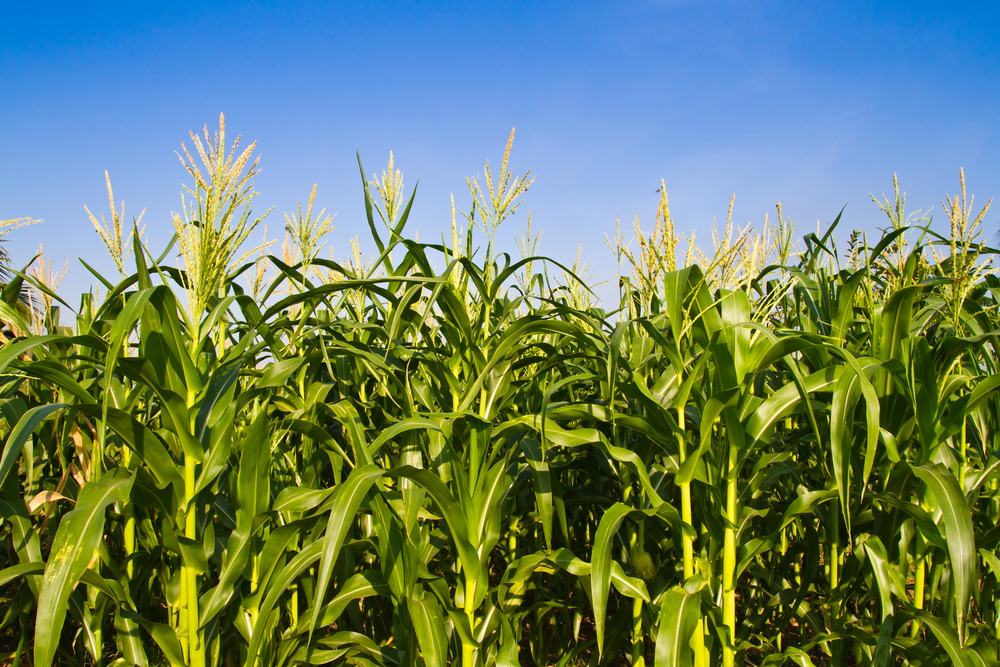No matter how many times its claims are rebuffed, the International Agency for Research on Cancer (IARC) continues to assert that various chemicals are, at least to some extent, carcinogenic.
One of its latest incorrect declarations makes organic activists very happy, since they have decided that glyphosate, the active ingredient in Round-Up herbicide, is a "probable human carcinogen." Since Round-up was designed to be used on crops that are genetically engineered to be resistant to it, this is a way (activists hope) to reduce the use of both the herbicide and the GMO crops.
This designation by IARC led to activists calling for the European Food Safety Administration (EFSA) to ban its use. But EFSA stood up for glyphosate, stating that it is "unlikely to cause cancer." Which means that unlike IARC, the EFSA recognizes that exposure matters. While glyphosate may be linked in meta-analyses to cancer in rats using gavage dosing, humans don't get that level of exposure.
Instead of agreeing with IARC, EFSA actually suggested raising the acceptable acute reference dose of glyphosate from 0.3 to 0.5 mg/kg/day. That level is meant to be a guide to the amount of the herbicide that could be consumed in a short time period without causing harm. It's been calculated that at that level, a 175-pound person could consume nearly 900 pounds of glyphosate-treated fruits and vegetables without expecting harm at least from the herbicide. (Although there's no saying what a massive over-consumption of those foods might do.)
So now we have this disagreement between IARC and the EFSA, which tracks with the advice we have espoused in the past, as well as the EPA. Who should consumers believe?
What is often left out of media stories is that IARC working groups are chosen from a narrow range of participants, and the meta-analyses result from only papers chosen by that group. More diverse bodies, such as the EPA, consider all quality studies in their results. IARC also uses 'risk' in its media claims but only determines hazard. So if you don't think bacon is as bad for you as cigarettes, you should be skeptical of their finding on gyphosate as well. For more information on modern agricultural technology, see the American Council's publication, Food and You.



